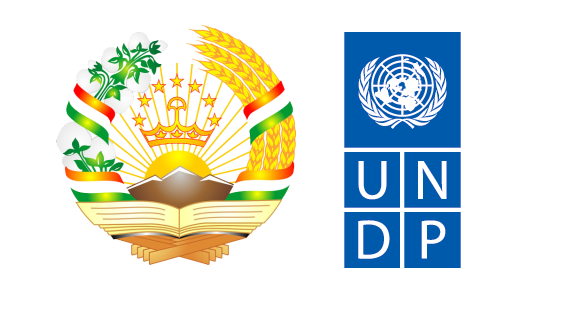|
The UNDP Country Office in Tajikistan, together with Committee for Environmental Protection under the Government of the Republic of Tajikistan, is launching a large-scale project “An integrated landscape approach to enhancing the climate resilience of small-scale farmers and pastoralists in Tajikistan” funded by Adaptation Fund.
The objective of the project is to enhance the livelihoods of the small-scale farmers and pastoralists living in the Kofirnighan River Basin (KRB) under future climate change conditions. Such conditions are expected to include increased frequencies and intensities of extreme climate events such as intense rainfall, rise in air temperatures, and accelerated glacial melting. As a result, hydrometeorological disasters such as droughts, floods, mudflows and landslides are more frequent and rates of soil erosion across the country are increasing. The socio-economic impacts of these changes are considerable: livelihoods, agricultural productivity, water availability and hydroelectricity production are all compromised.
The overarching approach of the project is to employ integrated catchment management approaches within KRB. To this end, a climate-resilient catchment management strategy will be designed for the basin which will enable national rural development planners, local government and local communities to manage a wide range of climate risks. Three interrelated outcomes within the project will contribute to achieving this objective, namely: i) catchment management strategy to manage climate risks operationalised at raion and jamoat levels in the KRB; ii) an integrated approach to building the climate resilience of agro-ecological landscapes operationalised at village level; and iii) existing knowledge management platforms supported for integrated catchment management and ecosystem-based adaptation.
The project will be nationally implemented (NIM) by the Committee for Environmental Protection under the Government of the Republic of Tajikistan with support from the UNDP, in line with the Standard Basic Assistance Agreement (SBAA, 1993), the UN Development Assistance Framework (UNDAF) 2016-2021 signed between the UN and the Government of Tajikistan, and the UNDP Country Programme Document 2016-2021 signed between UNDP and the Government of Tajikistan.
The Project IT Consultant will report directly to the Project Manager (PM).
The Project IT Consultant will work in close collaboration with the Committee for Environmental Protection along with UNDP Programme, Operations, Communications and other project teams in the UNDP Country Office (CO) for effective achievement of results, anticipating and resolving complex project related issues. The incumbent is expected to exercise full compliance with UNDP programming, and administrative rules, regulations, policies and strategies.
|
 18.10.2021
18.10.2021
 18.10.2021
18.10.2021